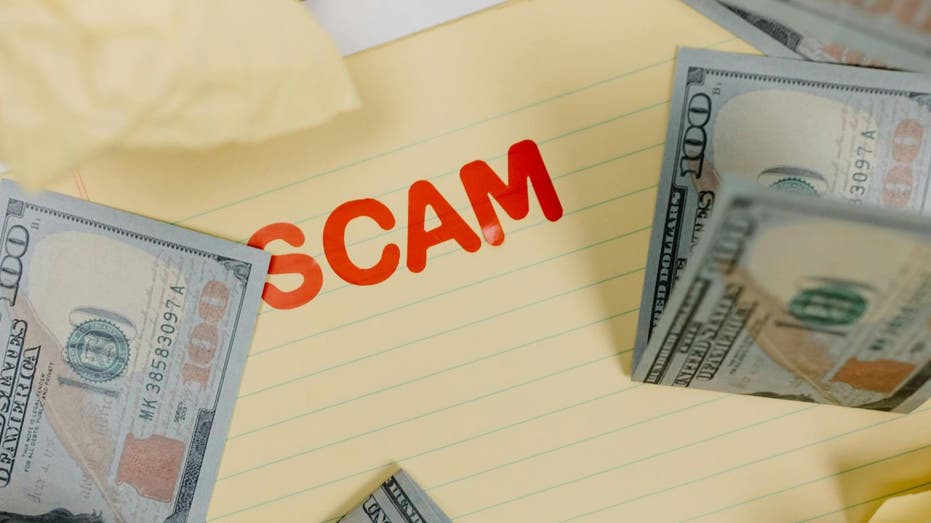Tax Scam Alert: How to Protect Yourself and Your Tax Refund

Sarah Johnson
March 6, 2025
Brief
Tax scams are rising during tax season, with scammers using emails, texts, and AI. Learn key tips to protect your personal information and avoid falling victim.
Tax season is here, and so are tax scammers. As millions of Americans prepare to file their returns, cybercriminals are sharpening their tools, hoping to steal your money or personal information. A new study by McAfee highlights just how common these scams have become and why staying vigilant is crucial.
According to the research, nearly one in four people either know someone who has fallen victim to a tax scam or have been scammed themselves. And here's the kicker: the losses aren’t small. Scammers are growing bolder, using emails, texts, and even AI to make their schemes look eerily legitimate.
Here’s what the McAfee study found:
- A staggering 39% of people admitted to clicking on suspicious links about “tax refunds” or “e-statements.”
- Younger adults, especially those aged 18-24, are among the most targeted, with over half knowing someone who paid scammers.
- AI is turning up the heat, with 87% of respondents worried about how it’s being used to create realistic scams.
Let’s be clear: the IRS will never initiate contact via phone, text, or social media to demand immediate payment. If you receive such messages, it’s almost certainly a scam. But the alarming reality is that many people still fall for these traps under pressure or confusion.
For example, scammers often send emails or texts claiming to be about your tax refund. These messages might include official-sounding language and logos, along with a link to “verify” your information. Clicking that link? It’s like opening the front door to a thief.
Looking forward, AI is expected to make these scams even more sophisticated. Abhishek Karnik, McAfee’s head of threat research, warns that fraudulent emails, AI-generated audio calls, and fake tax prep websites could fool even savvy filers. If this doesn’t make you want to triple-check your inbox, I don’t know what will.
So, how can you protect yourself?
Eight Practical Ways to Stay Safe
- Be skeptical of unsolicited contact: The IRS doesn’t text, email, or DM you. Period.
- Avoid clicking on suspicious links: Use strong antivirus software to block malware and phishing attempts.
- Guard your personal information: Treat your Social Security number and bank details like gold.
- Create strong, unique passwords: And yes, use a password manager if you need help keeping track.
- Enable two-factor authentication: This added layer of protection can stop hackers in their tracks.
- Invest in personal data removal services: These tools help monitor and remove your info from shady corners of the internet.
- Ignore unknown texts and calls: Just don’t engage. Ever.
- Trust your instincts: If something smells fishy, it probably is. Verify directly with the IRS or your tax authority.
Tax season doesn’t have to feel like running a gauntlet. By staying informed and following these steps, you can safeguard your finances and personal info. So, take a deep breath, double-check those emails, and remember: when it comes to your taxes, caution is your best friend.
Topics
Editor's Comments
Honestly, it's wild how scammers are leveling up their game with AI. The fact that nearly 40% of people are still clicking on these links is mind-blowing. It’s like we need a national ‘Don’t Click That Link’ day!
Like this article? Share it with your friends!
If you find this article interesting, feel free to share it with your friends!
Thank you for your support! Sharing is the greatest encouragement for us.
